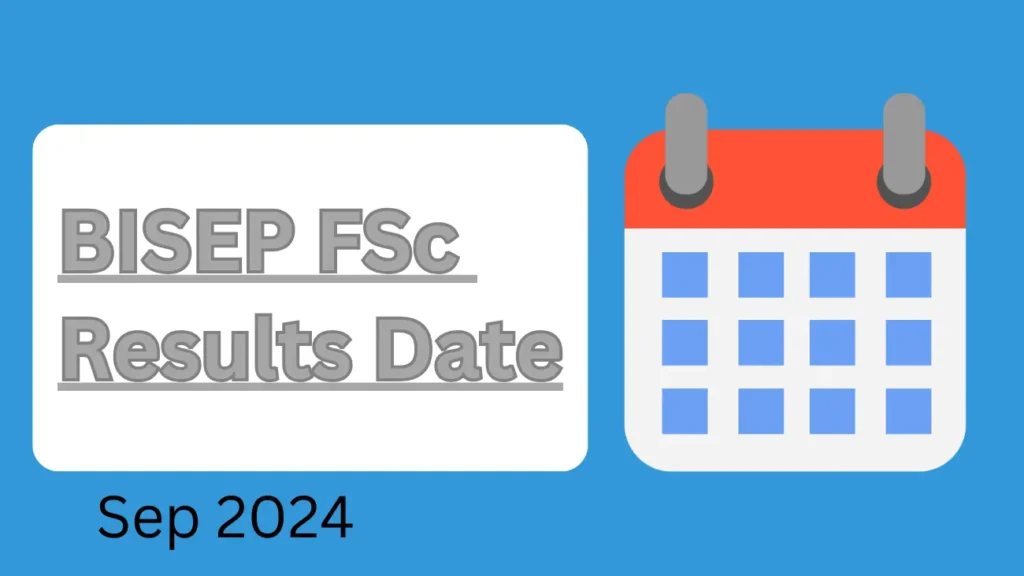For most individuals, studying appears simple—opening a textbook, writing down notes, and trying to commit them to memory.
However, despite their long hours of study, many students still encounter great difficulty in retaining the information they have read or in getting very high marks.
It is not the number of hours that you spend reading or learning that counts; it could be your method of studying.
In this article, we will learn why most study tips fail and learn effective methods of studying to fix them.
Table of Contents
Toggle1. Rote Memorization: The Problem with Repeating Information
Rote learning, a commonly used study technique, involves repeating information until it sticks. While it may help with short-term recall, it’s ineffective for long-term memory retention.
Why it fails:
The goal of rote memorization is not to encourage active understanding of the material but rather to promote surface-level familiarity instead of deep comprehension.
Fix it:
Make an active recall instead of blindly repeating information. In this process, one should try to retrieve what they know about the study contents from memory without using any notes or textbooks.
For example, once you have gone through a chapter, you need to shut your book and test yourself on things that you can still remember.
2. Highlighting and Underlining: The False Sense of Mastery
Highlighting and underlining are tempting because they make us feel like we are organizing information. However, studies show that these techniques are not as effective as they seem.
Why it fails:
Emphasizing creates an unfounded sense of acquaintance. The fact that something has been highlighted does not imply that one has learned it. It does not engage one’s critical thinking or assist one in truly comprehending the material.
Fix it:
To avoid depending solely on highlighting, it should be paired with note-taking and summarization.
After highlighting, make an effort to compose a summary in your own words. This not only consolidates comprehension but also promotes information digestion and preservation.
3. Cramming: The Last Minute Lifesaver?
Preparing for tests through non-preparation is the only way to go about every student’s life before exam day, but while it’s true that some students may argue this technique works in cases of emergency, in terms of progress over time it’s not an option.
Why it fails:
Too much information at a time and too many things jumbled up cause cognitive exhaustion because knowledge cramming taxes our brains a lot. You might get a good grade during the examination period, but soon thereafter all that knowledge will be forgotten.
We have a detailed article on managing time during exams, you can visit.
Fix it:
Instead of just memorizing everything, you should use Spaced Repetition, which has been proven to help people keep things in their heads for longer periods.
Choose to learn on different days rather than cramming everything into one day. Increase the intervals between reviews (e.g., after 1 day, 3 days, 7 days, etc.).
This helps to augment memory retrieval since there is ample time for your mind to assimilate those details.
4. Multitasking: The Silent Disruptor
Studying is a demanding endeavor, and many students resort to multitasking and not uses effective study tips, such as checking social media, watching videos, or chatting with their friends online.
Multitasking may seem productive but often results in a lack of concentration and poor learning.
Why it fails:
You can’t focus your attention on two things at the same time. When you keep switching from one task to another, you lose your concentration, and it becomes difficult for you to remember anything.
Check out our article on How to Stay Focused While Studying.
Fix it:
To improve your concentration, use the Pomodoro Technique. This method of time management means that you study for twenty-five minutes without stopping, then take a five-minute break.
After every four times, take an extended break. This helps in achieving deep concentration while not overworking the brain.
5. Reading Without Understanding: Skimming Isn’t Learning
Most students make the mistake of only reading through notes or textbooks without understanding the concept and topic.
Why it fails:
It might seem like you’re making progress when all you’re doing is skimming over something, but skimming provides no depth to your knowledge. This can lead to gaps in understanding that will hurt your performance later.
Fix it:
Use the Feynman Technique so that you can understand your subject inside out. The idea is that you should explain the concept in simple terms the way it would be taught to a kid who doesn’t know anything about it.
As you simplify the information, you will detect areas of confusion in what you know and begin to fill them with more learning.
6. Studying for Hours Without Breaks: Quantity Over Quality
There’s a myth that the longer you study, the more you’ll learn. However, long, uninterrupted study sessions can reduce productivity and cause burnout.
Why it fails:
For a certain period, your mind can only concentrate entirely. When you go over that boundary, you will tire, thereby making it difficult for you to grasp what’s being taught.
Fix it:
Concentrate on quality rather than quantity. Studies indicate that shorter targeted studying periods with intervals are preferable to studying for long periods continuously without stopping.
If you have issue with your study speed, you check our guide on how to study faster.
Use time wisely concentrating hard for a specific duration and then resting to regain strength.
7. Ignoring the Power of Review: One-and-Done Isn’t Enough
Many students make the mistake of only reading their notes or textbook once, and they believe they have mastered the topic.
Why it fails:
The “one-and-done” method doesn’t reinforce learning. Memory needs to be strengthened over time, and without regular review, you will not remember what you have studied.
Fix it:
Incorporate consistent review sessions into your study schedule. After learning a concept, revisit it regularly—after a few days, a week, and even months later. This will make the information stay fresh in your mind and help you build a strong foundation.
Final Thoughts: Study Smarter, Not Harder
Most conventional studying tactics are not effective due to their failure to promote active involvement, retention over the long haul, and profound comprehension.
The potency of studying revolves around approaches that excite your mind, encourage concentration, and back constant review. Be consistent with studies and use the strategies.
By including active recall, spaced repetition, and the Feynman technique, among others, you can change the way you gain knowledge and thus achieve more without feeling overloaded.
Once you start implementing such alterations, everything else will follow naturally—you will grasp tough areas faster, remember stuff for longer periods, and even score higher marks during exams.






